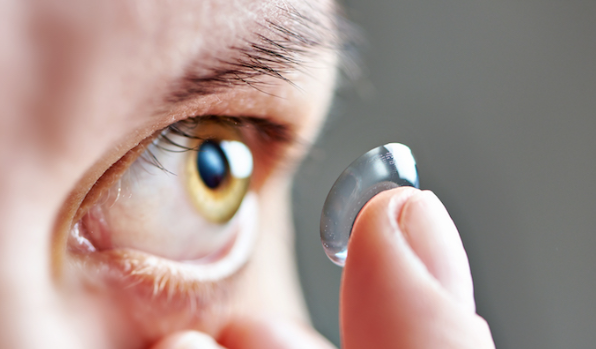Many types of soft contact lenses, according to recent studies, include chemicals that have been linked to cancer, liver and kidney illness, autoimmune diseases, and infertility.
Some contact lenses have been discovered to contain unusually high amounts of organic flueronic, a marker of PFAS, in each. Fluoropolymers are known as PFAS or “forever chemicals” because they are persistent in the environment indefinitely.
“Forever chemicals” are used in goods that are resistant to water, stains, and heat, and they have no natural decomposition process.
North Carolina State University was one of several American colleges that tested 18 different brands of soft contact lenses for PFAS contamination.
The majority were everyday wear lenses.
Public health websites Mamavation and Environmental Health News paid for tests to look for organic fluorine in Acuvue, Alcon, and Coopervision lenses at an EPA-accredited facility.
As one NC State University researcher put it to The Guardian, “you could consider the lenses almost pure PFAS.”
Flourine concentrations ranging from 105 ppm to 20,700 ppm were found.
This implies that the maximum amount found in any of the tested contact lenses was 50,000 times higher than what the EPA considers safe in drinking water, or 100 ppm.
Alcon Air Optix (No Hydraglide) for Astigmatism (20,000ppm), Alcon Air Optix Colors with Smartshield Technology (20,700ppm), and Alcon Total30 Contact Lenses for Daily Wear (20,400ppm) had the greatest levels of organic fluorine.
Alcon Dailies Total One-Day Water Gradient for Astigmatism (106ppm) and Acuvue Oasys with Hydraclear Plus with UV Blocking (113ppm) had some of the lowest readings.
Since the compounds are so common, they may sneak into products at any point in the distribution chain.
In recent years, they have been discovered in everything from toilet paper and plastic food containers to fruit juice by both independent and university studies.
